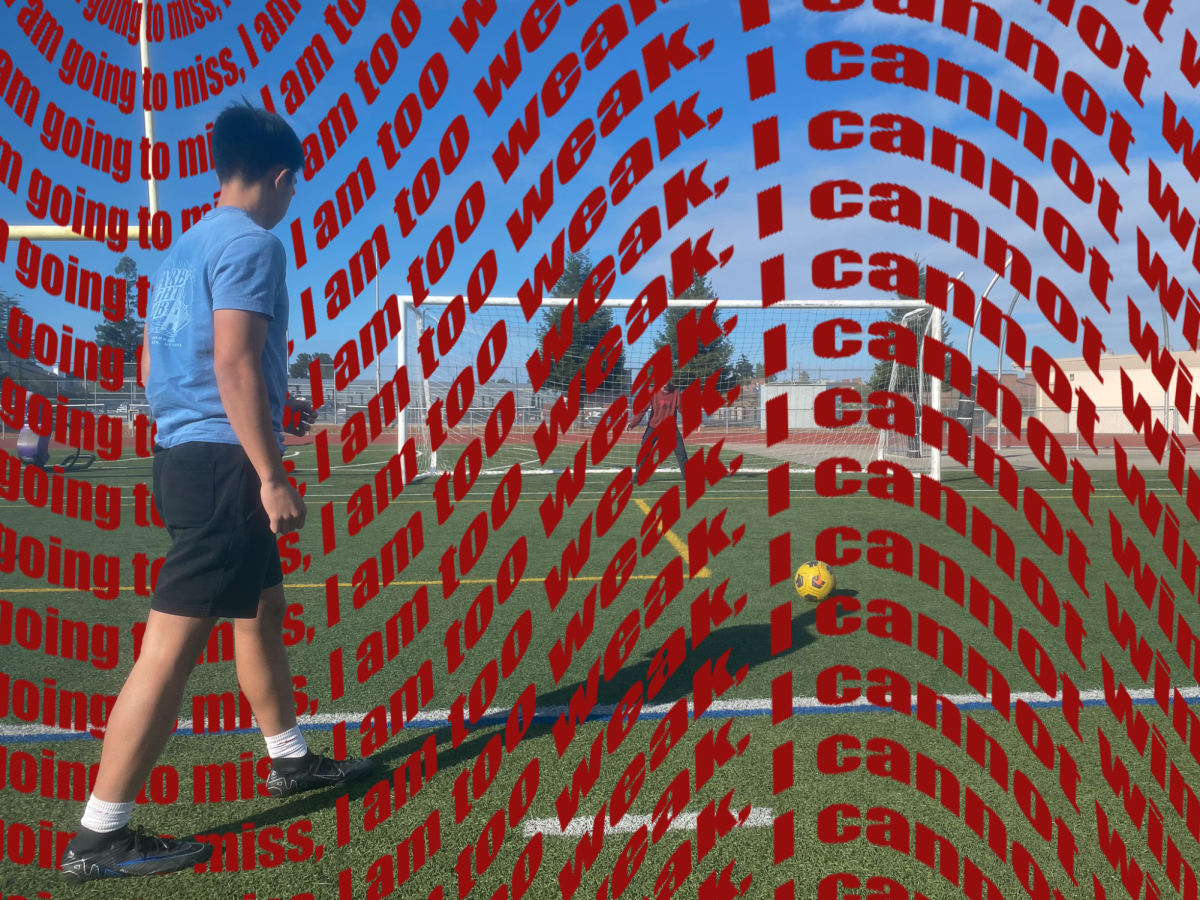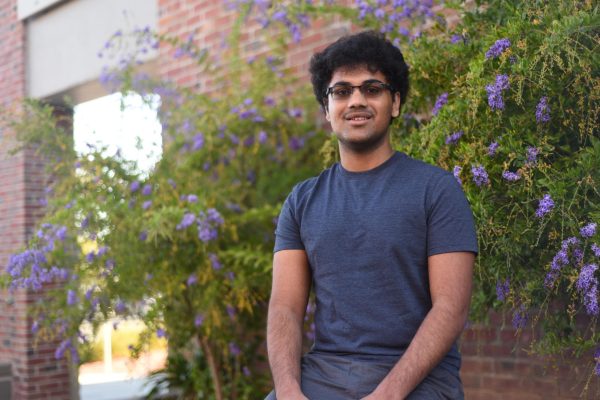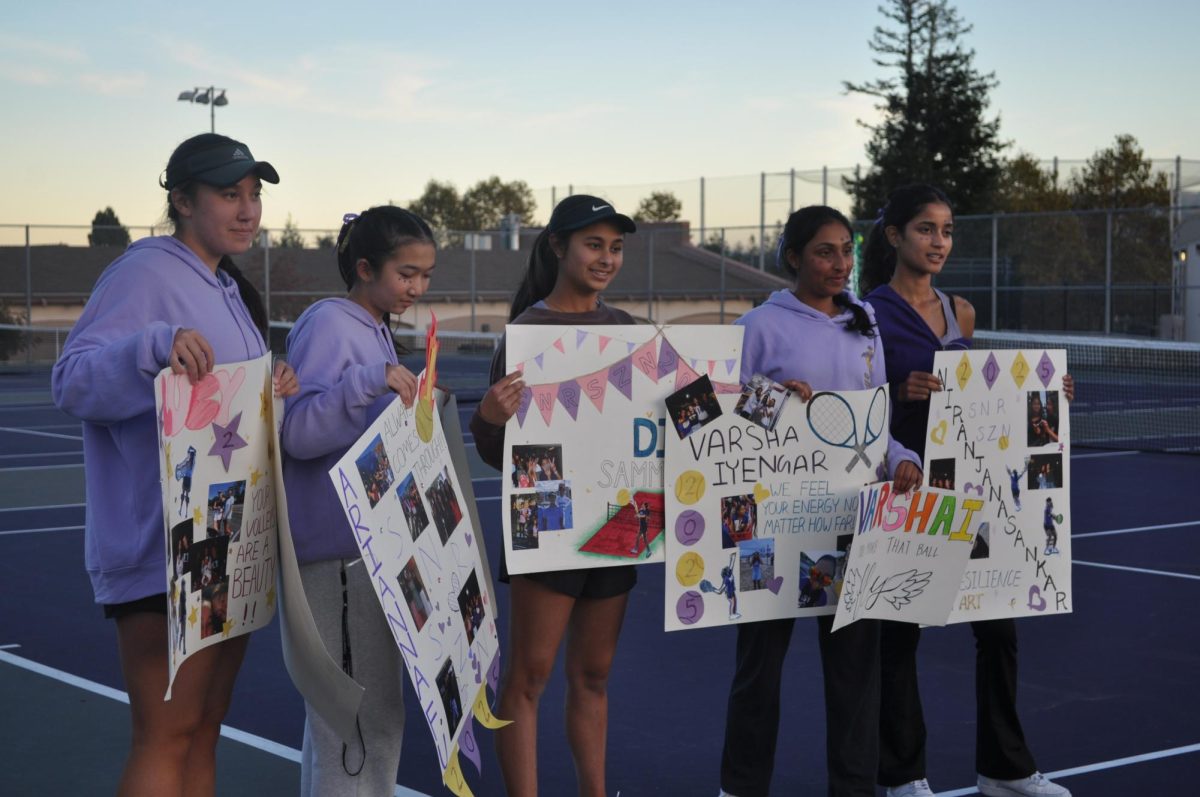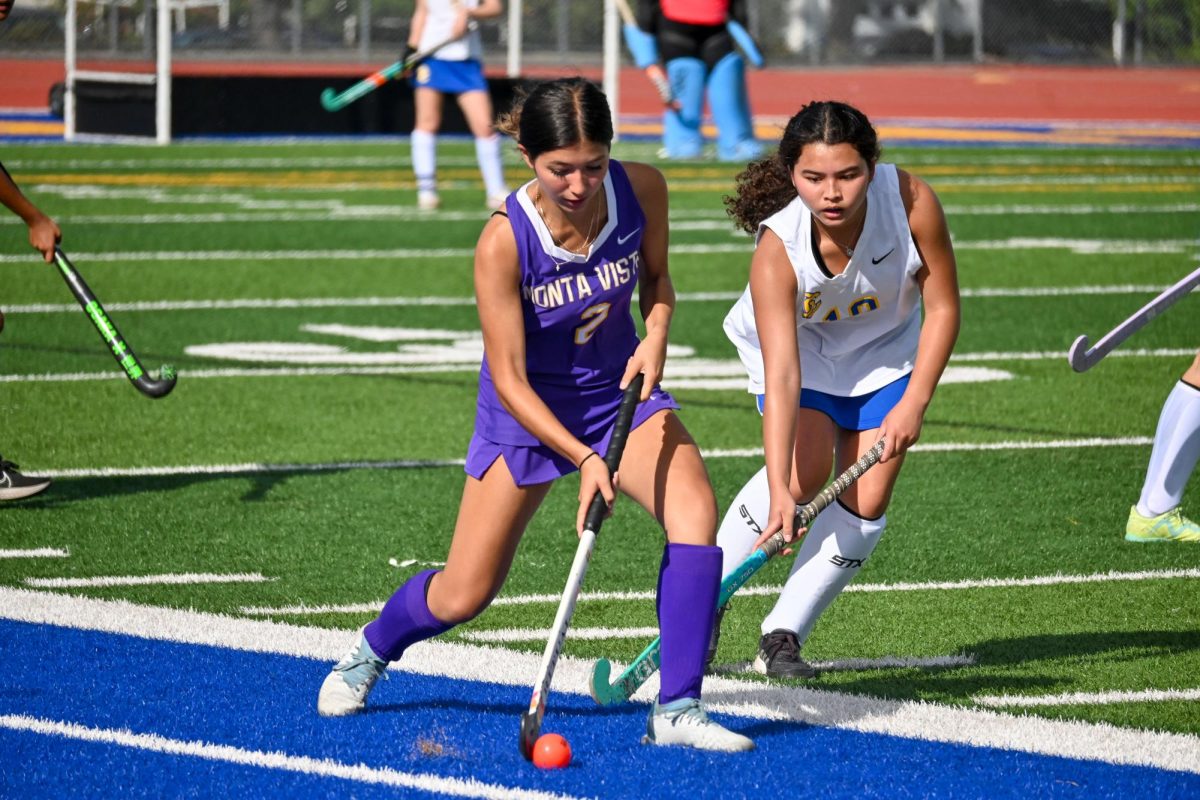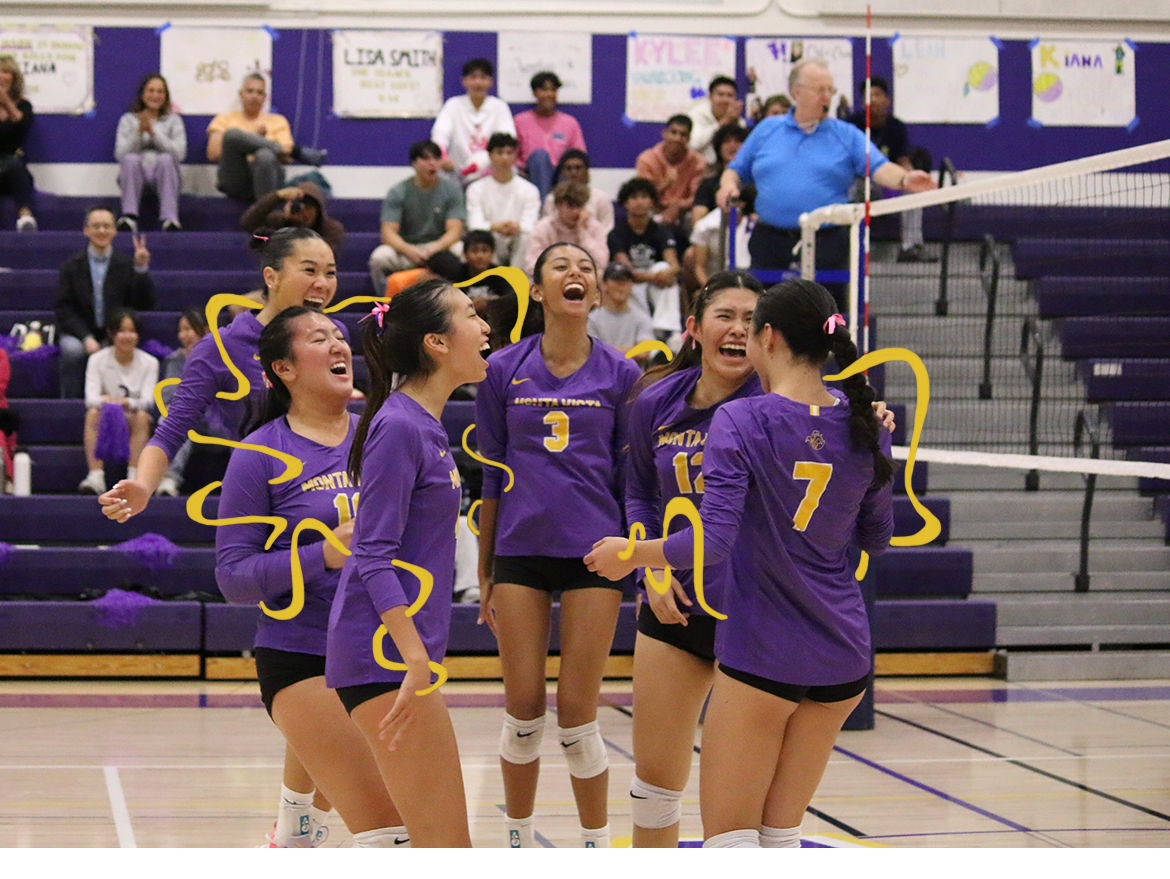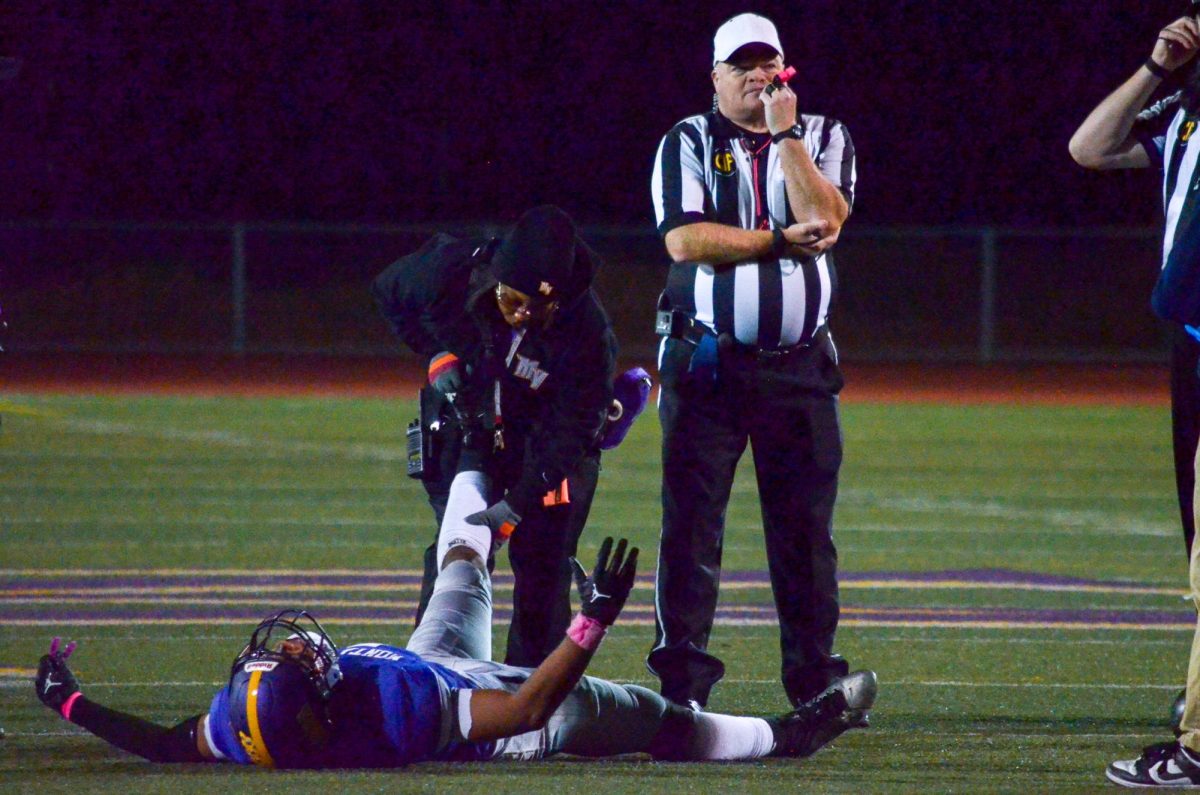Last year, junior and Varsity Boys Soccer striker Jason He nervously walked into the penalty zone as he thought of how to conduct his penalty kick. As a midfielder, he did not get many opportunities to score goals, but He knew he had the ability to score a penalty; however, doubts intruded his headspace, tensing his movements. He ran up to the ball, loading his right leg up for the kick, and the ball missed the goal completely.
After the missed penalty, He’s brain went into a state of frenzy. Before the penalty, the score was tied 1-1, so He’s missed penalty added insult to injury when the game ended, 2-1. He was left conflicted as the game progressed because his peers were comforting while his coaches were more critical of the setback. However, He used the memory of his failure as motivation to focus on penalty kicks and improve in the future. Since then, He has developed multiple techniques to help him grow after setbacks.
“After a match, my dad usually takes me home, and on the drive, we’ll talk about the opportunities I had during the game and the good and bad aspects of my performance,” He said. “During the week, I practice to improve on the bad aspects of my performance. and that makes me feel as though the match showed me what I could improve on.”
Pancho Tzankov, Head Coach of the Varsity Boys Soccer team, encourages players to reflect on and analyze matches after they conclude, He takes advantage of the opportunities he is given through the small breaks he takes, in the form of substitutions. The act of being substituted is commonly seen as bad by some soccer players, due to the fact that the player is no longer contributing to the team. However, He sees this break as an opportunity to improve to see the game from a new perspective.
“When I’m on one side of the field during offense, I don’t know what’s happening behind me, but when I’m on the bench, I can look at all 22 players playing on the field,” He said. “For example, I could see what a defender on the other team is doing while we’re attacking, so that next time when I go on the field, I could exploit what he’s doing wrong.”
Similar to He, junior and MVHS second baseman on the Varsity Baseball team, Timothy Yin takes his time to mentally prepare for the pitch during breaks to gain an advantage when he plays. By pitching and fielding with good technique, Yin makes sure not to give the opponent any free points.
“I try to really take my time because as soon as I’m on the rubber, my movements are restricted,” Yin said. “If I make big, sudden movements, the umpires can call a walk, which makes any runner on base go to the next base. So it’s important that I calm down and then get on the mound. As for fielding, you have to think about every situation because if you’re not where you need to be, then that could screw the entire team up.”
Likewise, Tzankov teaches his team to not let their emotions get to them, as in a group, even the emotions of one person can affect the mental state of the entire team. Unlike Yin, who does his routine before each pitch, Tzankov has his team do their routine, consisting of stretching and light running, before every game.
“The warm-up is supposed to set the players in the mood for a game and to raise their confidence, get them ready to perform the best possible way without getting injured,” Tzankov said. “We do the warm-up the same way every single time, so that they feel normal and they feel ready for the game without any additional stress or any unnecessary confusion.”
While Tzankov attempts to maintain his team’s state of calm throughout the game with the warm-up, Yin revels in the joy of scoring and then tries to keep that momentum throughout the entire match. Yin’s joy reminds him of the highs and lows players naturally face during a game, which makes it easier for him to regulate his emotions when events seem out of control.
“So during a match, when I run all around the bases and I hit home plate, I then come back into the dugout, which is the place where our team’s bench is,” Yin said. “I finally sit down and think about what I did right, and most importantly, I try to remember that feeling of happiness after scoring for the team and then keep that feeling with me into everything else I do in a game.”



